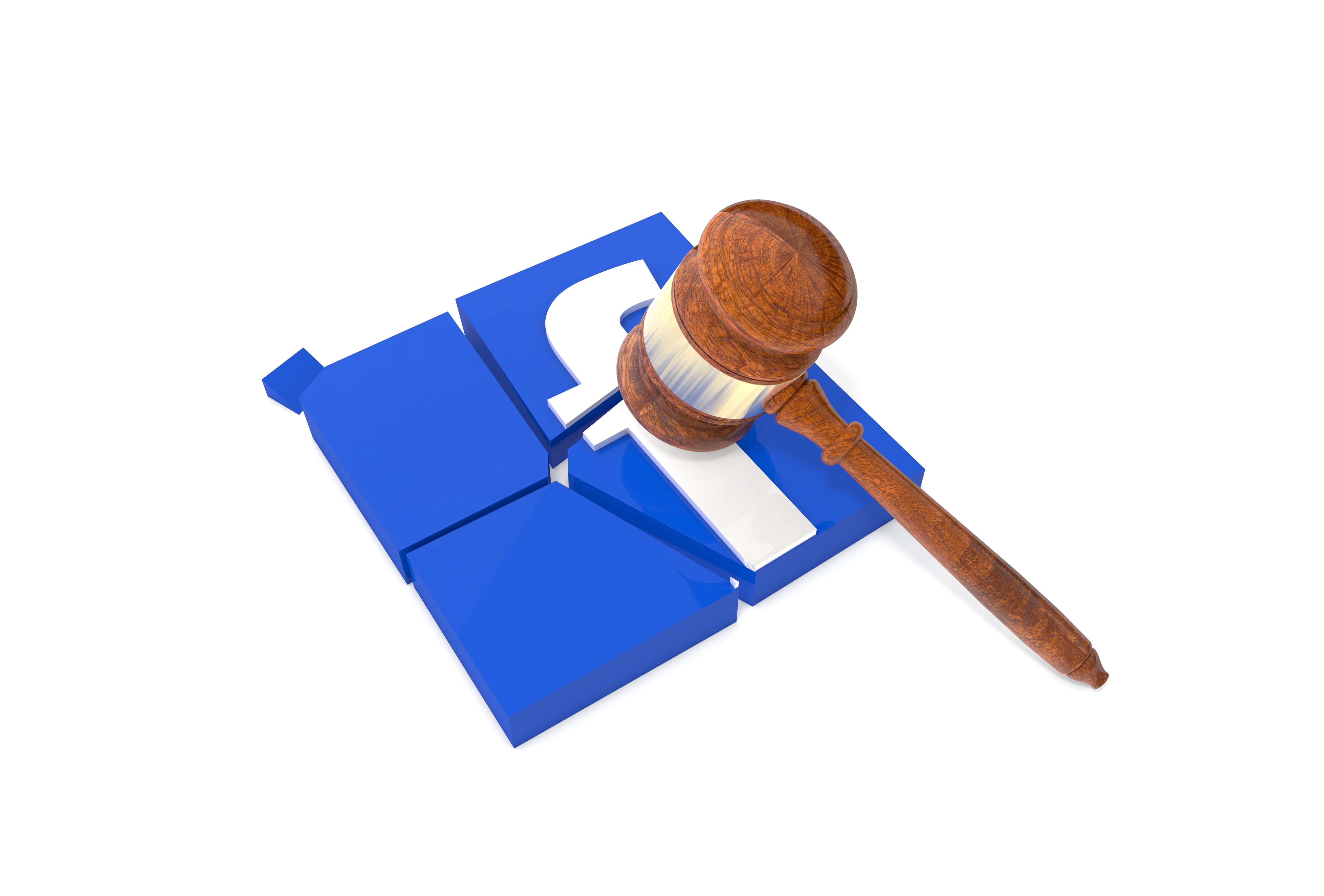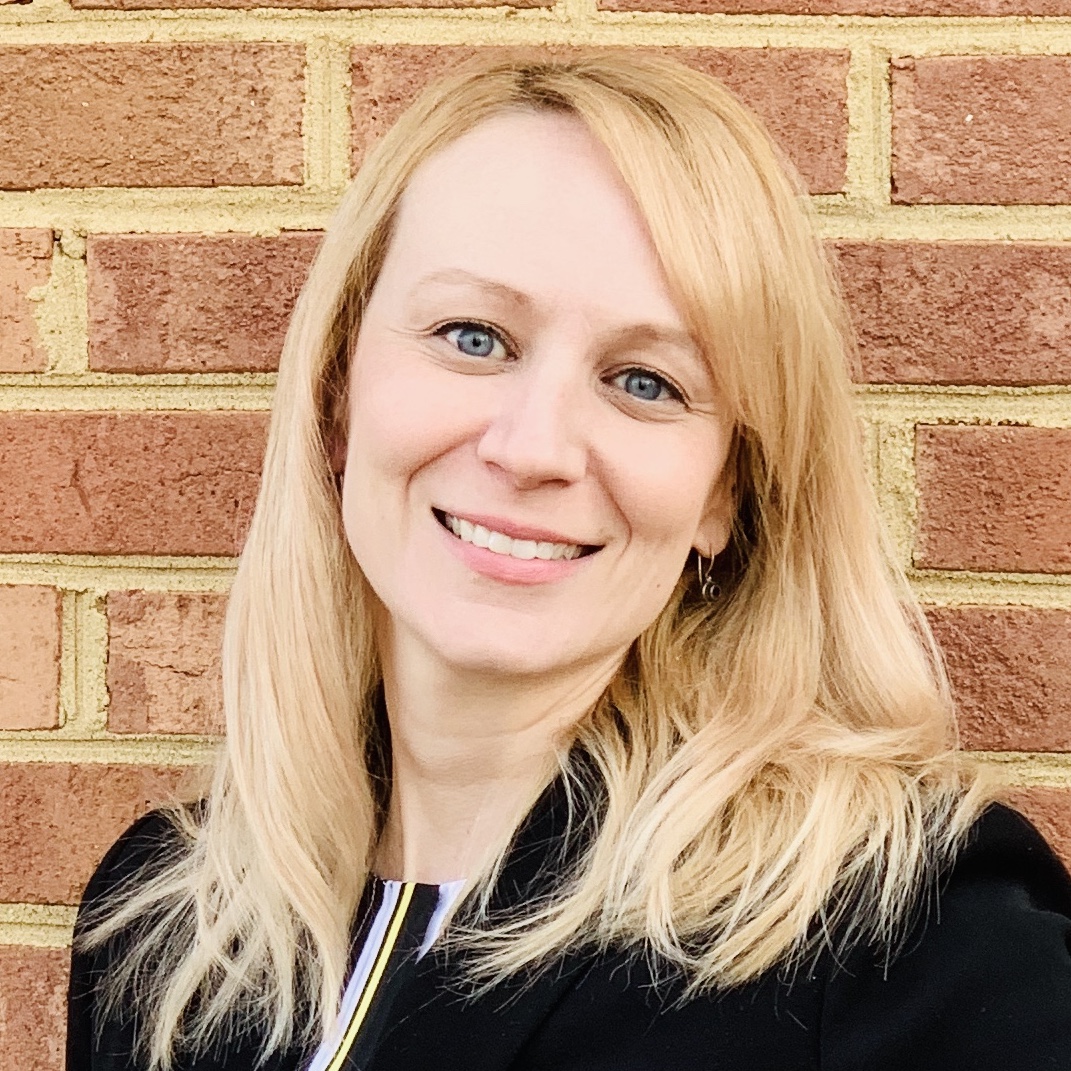“Two decisions must be made when determining whether to join a party in an IPR: (1) ‘whether the joinder applicant’s petition for IPR ‘warrants’ institution under § 314,’ which is not reviewable by the CAFC; and (2) ‘§ 315(c) requires the Director to exercise his discretion to decide whether to join as a party the joinder applicant’, which is ‘a separate and subsequent decision to the institution decision.’” – CAFC revised opinion in Facebook v. Windy City
 On September 4, the United States Court of Appeals for the Federal Circuit (CAFC) modified and reissued its March 18, 2020 opinion in Facebook v. Windy City Innovations, LLC, following Facebook’s combined petition for panel rehearing and rehearing en banc. In the March 18 opinion, the CAFC ruled that the Patent Trial and Appeal Board (PTAB) erred both in allowing Facebook to join itself to a proceeding in which it was already a party, and in allowing Facebook to add new claims to the inter partes reviews (IPRs) at issue through that joinder.
On September 4, the United States Court of Appeals for the Federal Circuit (CAFC) modified and reissued its March 18, 2020 opinion in Facebook v. Windy City Innovations, LLC, following Facebook’s combined petition for panel rehearing and rehearing en banc. In the March 18 opinion, the CAFC ruled that the Patent Trial and Appeal Board (PTAB) erred both in allowing Facebook to join itself to a proceeding in which it was already a party, and in allowing Facebook to add new claims to the inter partes reviews (IPRs) at issue through that joinder.
Windy City Innovations filed a complaint in 2015 accusing Facebook of infringing its U.S. Patent Nos. 8,458,245 (“the ’245 patent”); 8,694,657 (“the ’657 patent”); 8,473,552 (“the ’552 patent”); and 8,407,356 (“the ’356 patent”). In June 2016, “exactly one year after being served with Windy City’s complaint,” Facebook petitioned for IPR of several claims of each patent and the PTAB instituted. Facebook later filed additional petitions for IPR of additional claims of the ’245 and ’657 patents after Windy City had identified those claims in the district court litigation and Facebook filed motions for joinder to the already instituted IPRs. The one-year time bar under Section 315(b) had already passed, but the Board still instituted Facebook’s two new IPRs, and granted Facebook’s motions for joinder. Windy City cross-appealed the PTAB’s final written decision, which found that Facebook had proven some of the challenged claims unpatentable as obvious but not others and challenged the Board’s joinder decisions and its decision to allow Facebook to include new claims in the joined proceedings.
On appeal, the CAFC concluded that “the Board’s joinder decisions, which allowed Facebook to join itself to a proceeding in which it was already a party, and to add otherwise time-barred issues to the IPRs, were improper under § 315(c).”
Revised Opinion
In its September 4 opinion, the CAFC explained that the Supreme Court recently decided Thryv, Inc. v. Click-to-Call Technologies, LP, wherein the Court “held that the PTO’s Application of § 315(b)’s time bar is ‘closely related to its decision whether to institute inter partes review and is therefore rendered nonappealable by § 314(d).’” Further, the Court in Thryv explained that Section 315(b)’s “time limitation is integral to, indeed a condition on, institution” and concluded that “[a] challenge to a petition’s timeliness under § 315(b) thus raises ‘an ordinary dispute about the application of’ an institution-related statute.”
The CAFC agreed with Windy City that the Board’s joinder decisions constituted “a separate procedural process with separate requirements and a different purpose than institution” and that its appeal of the Board’s joinder decisions did not “’challenge a conclusion by the Board that the requirements of initiating review under § 314 were satisfied,’ but challeng[ed] the Board’s joinder decisions in ‘already-instituted IPRs.’” Citing Thryv, the CAFC explained that two decisions must be made when determining whether to join a party in an IPR: (1) “whether the joinder applicant’s petition for IPR ‘warrants’ institution under § 314,” which is not reviewable by the CAFC; and (2) “§ 315(c) requires the Director to exercise his discretion to decide whether to ‘join as a party’ the joinder applicant, which is “a separate and subsequent decision to the institution decision.” The CAFC said that there is nothing in Section 314(d), or elsewhere, to overcome the “strong presumption that [the CAFC has] jurisdiction to review [the] joinder decision.”
The Court added that, in contrast to the challenge in Thryv, Windy City’s cross-appeal did not challenge the Board’s decision to institute Facebook’s secondary IPR petitions, but instead challenged whether the Board’s joinder decision was within the statutory authority set forth in Section 315(c). Thus, the CAFC explained that it had jurisdiction to review the Board’s joinder decisions to determine whether the Board was acting in accordance with Section 315(c).
Back to the Board
The revised opinion confirmed the CAFC’s March 18 conclusion that “the unambiguous meaning of § 315(c) is that it allows the Director discretion to join a person as a party to an already-instituted IPR but does not permit the joined party, by virtue of the joinder decision alone, to bring new issues from a second proceeding into the existing proceeding.” The CAFC vacated-in-part the Board’s decisions with respect to the improperly added claims and remanded for the “Board to consider whether the termination of the instituted proceedings related to the two late-filed petitions finally resolv[ed] those proceedings.”
Image Source: Deposit Photos
Author: nextnewmedia
Image ID: 188830032

![[IPWatchdog Logo]](https://ipwatchdog.com/wp-content/themes/IPWatchdog%20-%202023/assets/images/temp/logo-small@2x.png)

![[Advertisement]](https://ipwatchdog.com/wp-content/uploads/2024/04/UnitedLex-May-2-2024-sidebar-700x500-1.jpg)
![[Advertisement]](https://ipwatchdog.com/wp-content/uploads/2024/05/Quartz-IP-May-9-2024-sidebar-700x500-1.jpg)
![[Advertisement]](https://ipwatchdog.com/wp-content/uploads/2024/04/Patent-Litigation-Masters-2024-sidebar-700x500-1.jpg)

![[Advertisement]](https://ipwatchdog.com/wp-content/uploads/2021/12/WEBINAR-336-x-280-px.png)
![[Advertisement]](https://ipwatchdog.com/wp-content/uploads/2021/12/2021-Patent-Practice-on-Demand-recorded-Feb-2021-336-x-280.jpg)
![[Advertisement]](https://ipwatchdog.com/wp-content/uploads/2021/12/Ad-4-The-Invent-Patent-System™.png)







Join the Discussion
No comments yet.